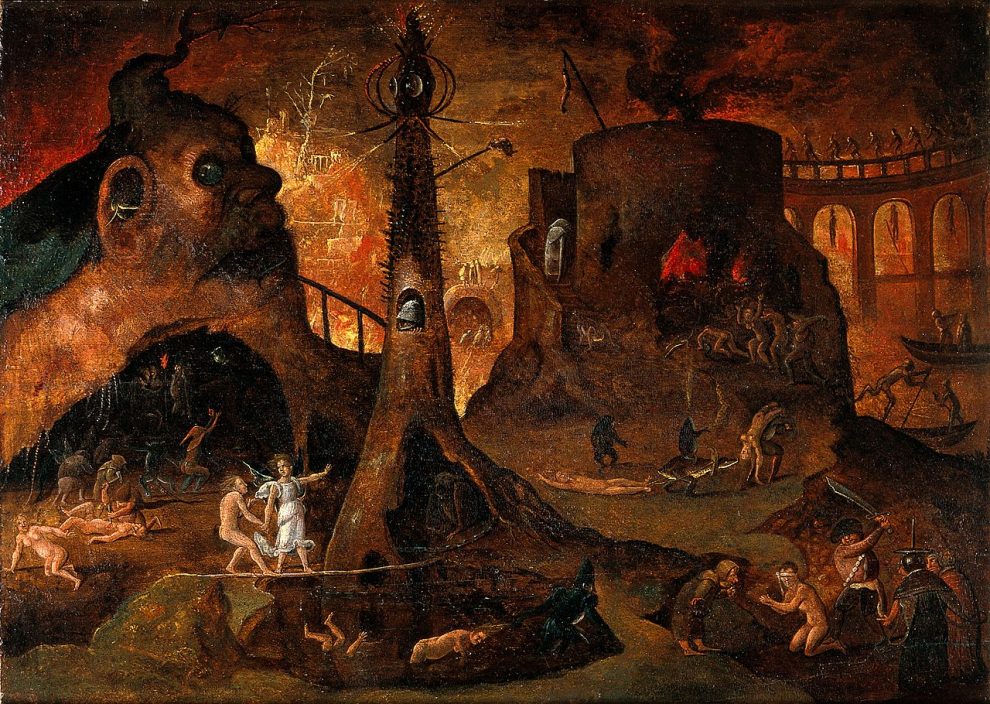The ancient Greek word hairesis meant “choice” and identified one’s intellectual “choice” among the many philosophies of late antiquity. The word originally carried no negative judgment. But Judaism and Christianity insisted that certain core ideas about the nature of God and his saving work were non-negotiable.
If some maverick rejected a core idea and started a movement, then this self-styled religion was a “choice,” in a negative sense. Therefore, hairesis came to denote a willful deviation from the community’s core teachings and practices and the teaching of others to do the same.
While there was a diversity of beliefs and practices among the early Christians, the concept of “heresy” warned people against distortions of settled Christian convictions and indicated that something absolutely vital to faith was at stake. By the end of the second century, many controversies sprang up that threatened to divide the church, several of them about the nature of Christ.
For example, Arius, a fourth-century church leader, insisted that Jesus Christ’s divinity was created; he was “God” in a way different from God the Father. While Arius sought to preserve the unique glory of God the Father, the resulting teaching was that Jesus Christ, the Son, was less divine. In response to this belief growing in popularity among the Christian community, the bishops assembled in a council at Nicaea and rejected the idea as heresy.
They affirmed the belief about Christ’s divinity that is now familiar to Catholics today in the Nicene Creed: “God from God, light from light, true God from true God, begotten, not made, one in being with the Father.” The One who saves us and meets us in worship is God himself, the Son of God, equal to the Father in every way—not only carrying God’s name, but also saving with God’s power. Contrary teaching was not tolerated because it corrupted Christian faith and divided the faithful.
Nevertheless, few religious concepts in our time are as condemned as “heresy.” Certainly some people in the church’s history, even popes and bishops, have confused the concept by mistakenly calling people and ideas “heretical.” And we modern Americans, who have been formed in part by the tenets of democracy, may find the idea suspect and contrary to our values of freedom of conscience and choice.
It is important to distinguish between the history of heresy and the functioning concept itself. Christianity’s strong confession of faith asserts that some things are non-negotiable because they are part of our spiritual code. As the great theologian Jaroslav Pelikan liked to point out, saying “yes” to one idea implies saying “no” to something else. Stating both provides clarity.
This article appeared in the February 2010 issue of U.S. Catholic (Vol. 75, No. 1, page 46).
Have a question you’d like to get answered? Ask us at editors@uscatholic.org!















Add comment